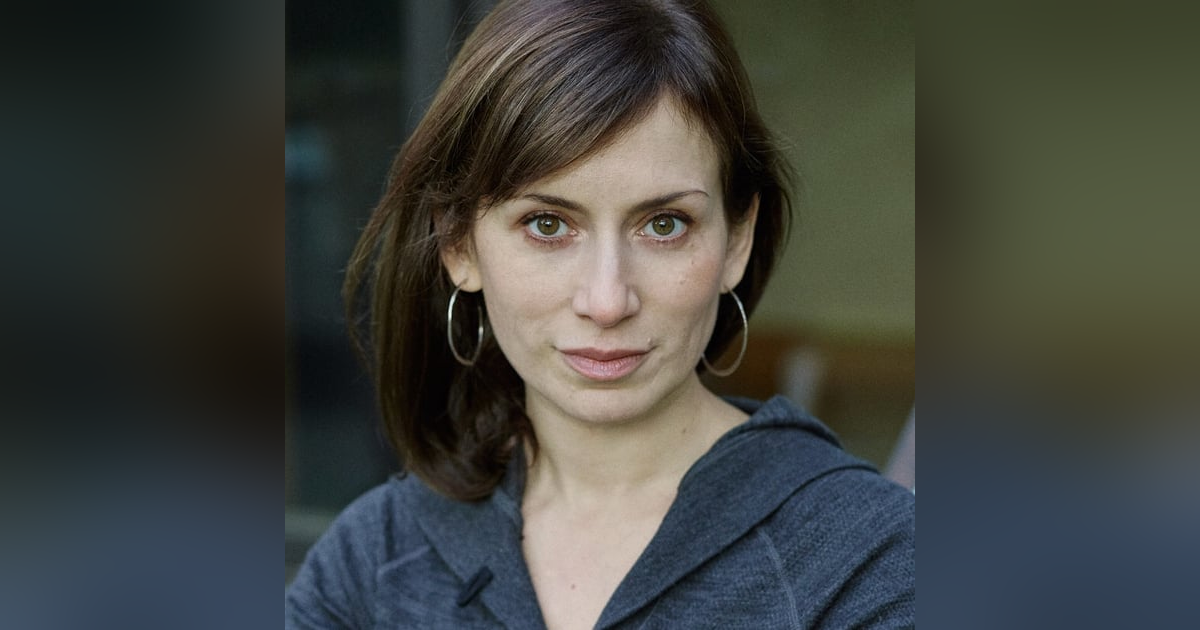Tao Te Ching Philosophy; Jessie Kanzer


Jessie Asya Kanzer was born in the Soviet Union. At the age of eight, she emigrated with her family to Brooklyn, New York. She is a writer, former reporter and actress. Her work has appeared in the Washington Post, New York Daily News, Wall Street Journal, The Independent, the New York Times, Los Angeles Times, and more. After extensive study of the Tao Te Ching, Jessie experienced a shift in mindset that allowed her to fully trust her inner voice and to create a satisfying life. She also attributes Taoist philosophy to helping her stay centered as a parent, navigate challenges, and hold space for others.
Listen & Subscribe on: iTunes / Stitcher / Podbean / Overcast / Spotify Contact Info
- Website: www.jessiekanzer.com
- Blog: Jessie Kanzer
Most Influential Person
- Wayne Dyer, took these very complex things like the Tao Te Ching and showed us how to apply them in our lives.
Effect on Emotions
- Mindfulness taught me that there's more than one of me. There's the one that feels the emotions that react and the observer part of myself. Because I'm able to observe myself and watch myself, I've become much less reactive.
- That doesn't mean I judge my emotion, or I hate my emotion or anything like that. But I'm able to come back to the center much quicker because I see it. I feel it. I work through it if I need to work through it, but I don't react to it anymore. I mean, I should say most of the time.
Thoughts on Breathing
- I love breathwork. I don't do it daily; sometimes I do breathwork instead of meditation. I am amazed at how breathing in certain ways can help you enter almost a different dimension. That is why for me, breathing really gets me out of my monkey mind.
Suggested Resources
- Book:Don't Just Sit There, DO NOTHING: Healing, Chilling, and Living with the Tao Te Ching
- Book: The Power of Now: A Guide to Spiritual Enlightenment
- App: Calm
Bullying Story
- I think if I'd had mindfulness training when I was a child when I was bullied, it would have made a huge difference for me. I was not very welcomed when I came to America as a kid, because I came here in 1989 and that was right on the heels of the Cold War.
- By the way, I'm not even Russian. I'm a Jew from Latvia. The Soviet Union divided people very weirdly, like on their passports. On my passport, it just used to say, Jew. That sounds crazy to people when I say that, but that's what it said. And then my family; half of them from Latvia, half from Ukraine.
- But our language was Russian because often these geopolitical shifts are affected, individual people. And I was one of those people. Therefore, I came from this war-torn family that suffered a lot under Stalin under the Nazis, and finally made it to America, the land of the free, but unfortunately, mindfulness was not taught, at least not the way it is now.
- A lot of kids were pretty mean when they heard my Russian accent.
- First, the Russian language, because they had watched movies like for instance, Rocky Five, these movies where the Russians were always the evil people.
- So there was a lot of making fun of, and you know, I remember I'd be stopped, in the middle of the stairway, they would laugh and say, Where Are you Russian, Russian.
- As a result, all of these things I internalized because I was a very sensitive child.
- Bullying did not exist in the Soviet Union.
- The socialistic ideas that formed this country, a lot of them did not work clearly. But this kind of unity, versus individualism in the classroom, made everyone be really nice to each other.
Related Episodes
Special Offer Are you experiencing anxiety & stress? Peace is within your grasp. I’m Bruce Langford, a practicing coach, and hypnotist helping fast-track people just like you to shed their inner bully and move forward with confidence. Book a Free Coaching Session to get you on the road to a more satisfying life, feeling grounded and focused. Send me an email at bruce@mindfulnessmode.com with ‘Coaching Session' in the subject line. We'll set up a zoom call and talk about how you can move forward to a better life.